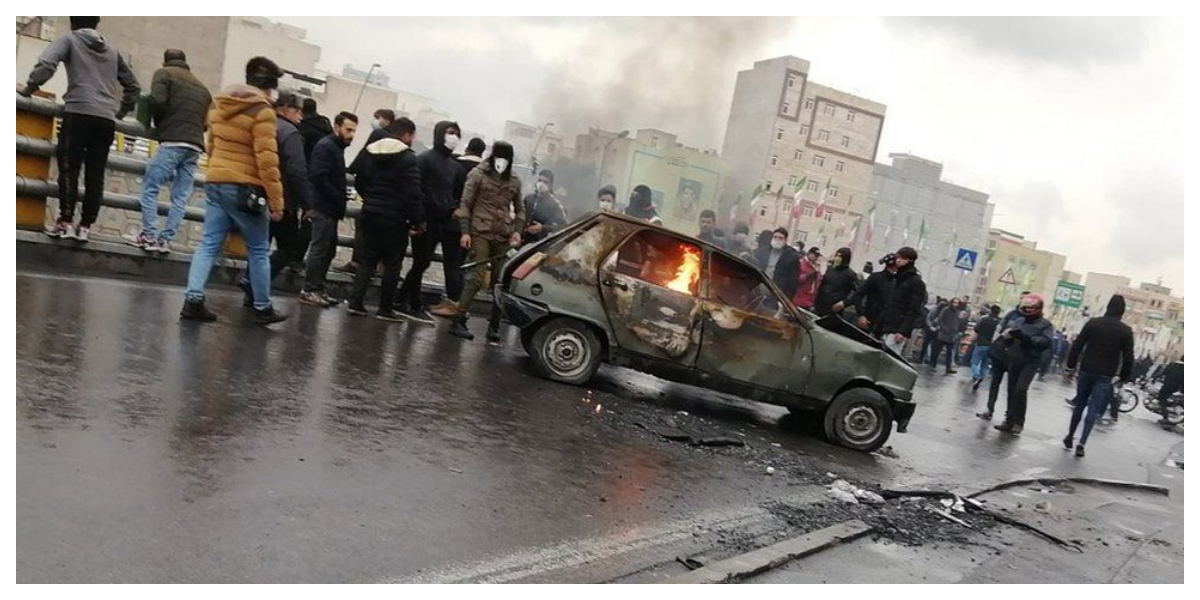Hundreds of people took to the streets across Iran on Friday to protest the government’s decision to hike the prices of basic products, according to official media.
President Ebrahim Raisi unveiled a slew of steps this week to address the country’s economic troubles, including a change in the subsidy structure and price hikes on essential staples like cooking oil.
Iran’s economy has suffered under stringent sanctions reimposed by the United States after it unilaterally pulled out of a deal with world powers on Iran’s nuclear program in 2018.
Official data indicates inflation hovers around 40 percent in the country.
Iranians reacted to Raisi’s decisions — which took effect on Friday — by taking to the streets in several cities over the past two days, state news agency IRNA reported.
More than 20 people were arrested in the southwestern cities of Dezful and Yasuj, where protesters called on authorities to reverse their decisions, IRNA said.
Demonstrators in the southern city of Izeh attacked shops and tried to set fire to a mosque, the agency said.
Rallies also took place in other cities and in the Fashapuyeh district of Tehran province, it added.
Late Monday, Raisi said the government would reform a subsidy system introduced by the previous administration in 2018, which covered several basic goods.
But he pledged that the price of bread, petrol, and medicine would remain unchanged.
In order to compensate for the rise in prices, Raisi said direct payments equivalent to approximately $10 or $13 would be disbursed monthly for each family member of low-income households.
Following his announcement, people rushed to supermarkets to stock up on goods, according to videos shared on social media and footage broadcast on state television.
Since Raisi’s statement, the price of cooking oil has nearly quadrupled, while the price of eggs and poultry has nearly doubled.
Many rallies have taken place in Iran in recent months, with people seeking improved living conditions and pay raises.

















